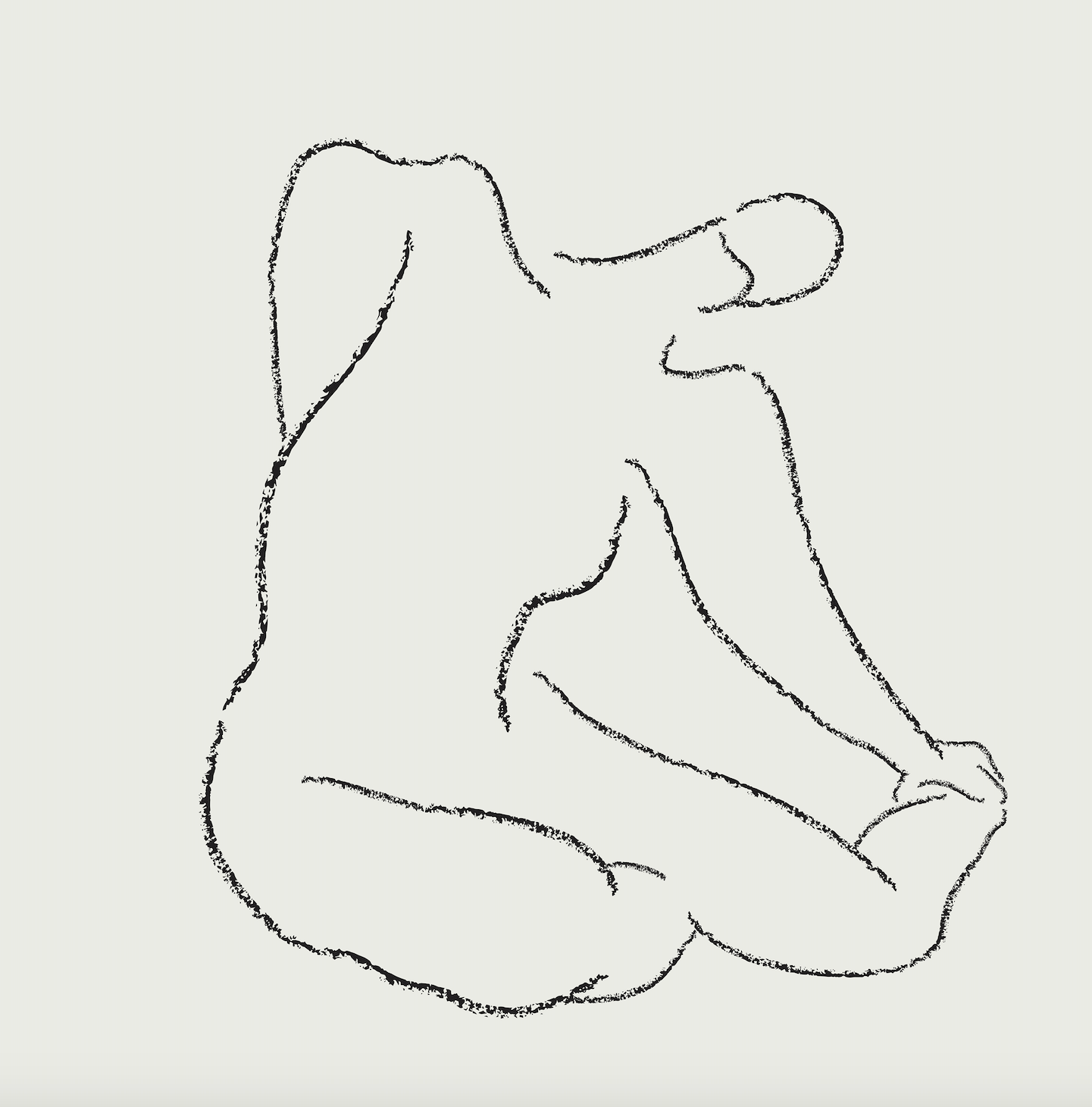An extremely strong period is one of the most common menstrual problems. 9-14% of women of reproductive age are affected, and on average 1 in 20 women between 30 and 49 years look for a doctor each year. The reason: heavy menstrual bleeding [1].
At a glance: Extremely strong period: You suffer not alone |
A very strong period unpleasant physical symptoms can bring about and strain on the patients emotional health. In the worst case, the quality of life is severely limited, but there are ways and means you can make life easier in spite of major bleeding during the period.
When we speak of an extremely strong period?
Whether the bleeding is experienced during menstruation as extremely strong, of course, vary from woman to woman. What may seem strong for the one that is quite normal for the others might. In addition, the bleeding is usually stronger on the first two days.
From a hypermenorrhea - that of excessive bleeding during the period - one speaks only when it comes ml during menstruation to a blood loss of more than 80 [2]. By comparison, the normal value is ml at about 50, which corresponds to about an amount of 10 teaspoons.
If more of the following apply during your menstrual period, which indicates a hypermenorrhea out:
- You have to change your tampon or pad every 1-2 hours
- Your menstrual blood contains thick blood clots
- You're bleeding through your clothes or your bedding
- You need to combine different period products
- You feel tired, relegated and unmotivated during your period [2] [3]
Hypermenorrhea often occurs jointly with menorrhagia. The latter describes a menstrual period, which lasts for too long, so more than 7 days. Since mostly the same cause is behind both disorders, the terms are often used interchangeably.
What symptoms occur with a strong period?
A strong period is often associated with other period symptoms, which can heavily burden on those affected . These mainly include clumsiness, mood swings, fatigue or irregularity of bleeding [4].
Because of the high blood loss can also lead to a lack of iron. Iron is essential for our body, because it is needed for many vital functions such as oxygen transport, energy metabolism and DNA synthesis. Lacking the trace element is less blood cells can be formed which provide the body with oxygen. This can lead to anemia. According to one study, an iron deficiency anemia developed in about two-thirds of women with hypermenorrhea [5] . Also a disturbed immune function can result, bringing symptoms such as fatigue, lethargy, headache, dizziness or even depression [6].
What may be due to a very strong period?
An extremely strong period may consist of the first blood circulation or develop later in life. A birth, the insertion of a spiral for contraception or hormonal changes in menopause or after discontinuation of the pill can be triggers [7].
If you have a regular basis a very strong period, which is usually because the uterus that during menstruation can not properly retract. Mucosa growths, called polyps, or muscle knots, also called fibroids, it can be the problem. The latter are found in 10% of women with heavy periods and in 50% of women with extremely heavy bleeding [8]. Other adhesions, inflammation or endometriosis can cause a very strong period.
The cause may also lie outside your uterus - for example, stress, hypertension, clotting disorder, kidney or liver failure [9]. Therefore you should consider doing to turn you to a doctor of your trust if you want to put an end to your strong period.
What can you do with an extremely strong period
If you loaded your very strong period, you can search and some even try to ease some of the periods everyday professional help.
Medical Treatment
A medical therapy depends entirely on the causes of heavy bleeding during the period. Thus, a doctor medication or hormone therapy - such as the use of birth control pills - recommended. Both drugs and hormones are intended to help mitigate the bleeding and relieve the symptoms. Also, especially when the cause of a polyp, a fibroid or endometriosis, surgery suitable: [9].
Five tips for everyday life
With a few simple tips you can learn to befriend yourself with your strong bleeding, and you everyday life a bit sweeten - no matter whether you want to go you seek treatment or not:
What are you long during your menstruation? Maybe you Exercise is good, maybe you need bed rest and a good book. Listen to your body. No matter what it does, it's just right that way.
Allow yourself time to yourself. Our menstruation is a wonderful opportunity to focus inward and focus on our needs: With the period Cream the Hug code you can use a soothing ritual during your menstrual create, on which you can look forward you.
Try it with a menstrual cup instead of tampons or pads. This has a large capacity and you will not have to change every hour.
Customize your diet to: Vitamin B12 plays an important role for blood formation and is used increasingly in a strong period. Certain fatty acids, dietary fiber, or medicinal herbs to help, has however, this is not (yet) [10].
To prevent anemia, you can iron-rich foods in your recipes incorporate: Green leafy vegetables, whole grain breads or legumes include, among other things [10].
Menstruation is part of a woman's life to, but they should not constitute torture. If you are suffering from an extremely strong period and no longer can cope with your daily life, it can help to talk about it and seek professional for advice. Many women feel with their menstrual not only taken or are confused. Consequently, they speak (too) little about it. But be sure, you suffer not alone!

